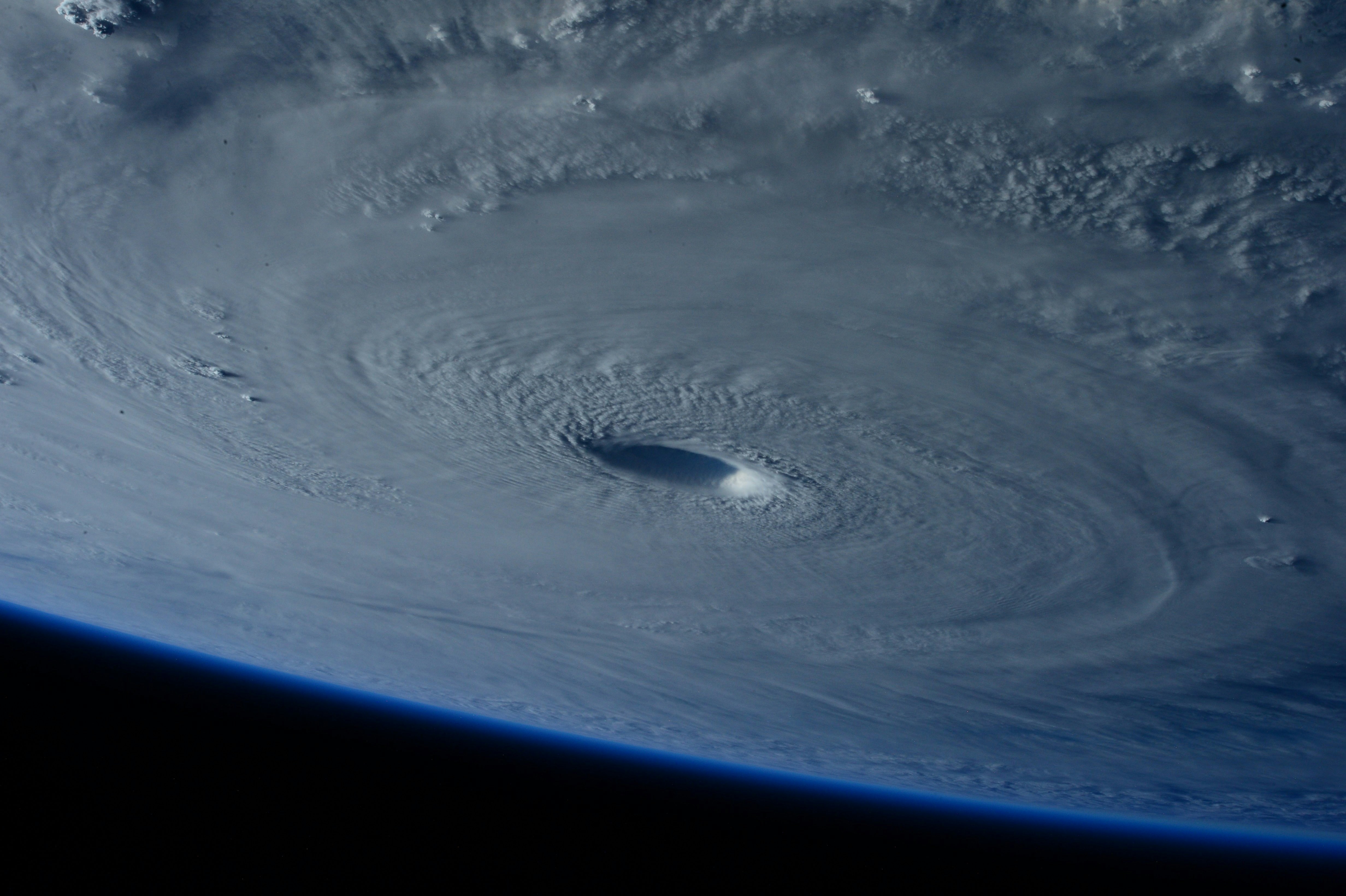The Emotional Toll of Hurricane Season
As Florida braces for another hurricane season, it’s crucial not only to focus on physical preparedness but also on mental well-being. While stockpiling supplies and safeguarding property, we must also consider the emotional impact that hurricanes have on individuals and communities. Natural disasters like hurricanes can be traumatic, leading to increased stress, anxiety, and even depression. Proper mental health support during these times can be as critical as having enough water and batteries.
Understanding the Anxiety Surrounding Hurricanes
For residents of hurricane-prone areas, the mere mention of an approaching storm can trigger heightened stress levels. The uncertainty of what each hurricane season might bring can cause a pervasive sense of anxiety. This is especially true for those who have lived through past hurricanes, experiencing property damage or loss, which can lead to post-traumatic stress disorder (PTSD).
Increased media coverage, while informative, can exacerbate these feelings by constantly reminding people of potential threats. Balancing staying informed and maintaining mental health is key.
Recognizing Stress Symptoms
Individuals may exhibit various stress symptoms during hurricane season. These can include insomnia, irritability, difficulty concentrating, and a general sense of overwhelm. Physical symptoms such as headaches, fatigue, and changes in appetite might also occur. It’s important to recognize these signs early and seek help when needed.
Support Systems and Resources
Having a robust support system can significantly ease the mental burden. Here are several strategies and resources to help manage mental health during hurricane season:
1. Community Connections
Forming strong community bonds before disaster strikes is vital. Engaging in community groups or attending preparedness workshops can foster a support network that proves invaluable when a hurricane is imminent. Sharing concerns and strategies with neighbors can build resilience and a sense of solidarity. Visit our Join page to connect with local initiatives and support groups.
2. Professional Help
Sometimes professional intervention is necessary. Mental health professionals can provide coping strategies tailored to the stress of hurricane preparedness. Therapy, whether face-to-face or through online platforms, offers individuals a safe space to express fears and anxieties. The Florida Department of Health offers resources and information on mental health services available statewide.
3. Mindfulness and Stress Reduction Techniques
Incorporating mindfulness practices into daily routines can alleviate stress. Techniques such as deep breathing, meditation, and yoga are effective ways to calm the mind. These practices not only reduce immediate anxiety but can also increase overall resilience to stress.
Creating a Hurricane Mental Health Plan
Just as a physical preparedness plan is essential, so too is a mental health strategy. Here’s how to create one:
1. **Identify Triggers:** Know what specifically causes stress about hurricanes. Is it the loss of control, the fear of losing home, or concern for loved ones?
2. **Build Resilience:** Engage in activities that build emotional strength. Regular exercise, adequate sleep, and proper nutrition can enhance mental resilience.
3. **Plan Breaks from Coverage:** Limit exposure to news when it becomes overwhelming. Schedule breaks to engage in relaxing activities or hobbies.
4. **Utilize Technology:** Use apps designed for stress management. Many apps offer guided meditations, breathing exercises, and support communities.
Long-term Mental Health Strategies
While immediate support is crucial, considering long-term mental health strategies ensures ongoing well-being. Recovery doesn’t stop once the storm has passed; it’s an ongoing process.
Incorporating Mental Health in Preparedness Planning
By including mental health strategies in emergency planning, individuals and communities can better withstand the emotional storms that accompany physical ones.
For more insights into preparedness, visit our blog where we discuss various aspects of disaster readiness.
Conclusion
As we approach hurricane season, let’s remember that preparedness is multifaceted. By prioritizing mental health, we not only protect our physical environment but also nurture the emotional and psychological well-being of ourselves and our communities. This holistic approach ensures resilience and strength in the face of nature’s challenges. If you’d like to contribute to our efforts or participate in our programs, consider visiting our donate page or explore more through our courses.

